April 14, 2025 | 23:26 GMT +7
April 14, 2025 | 23:26 GMT +7
Hotline: 0913.378.918
April 14, 2025 | 23:26 GMT +7
Hotline: 0913.378.918
Organic shrimp-rice farming has encouraged sustainability in the two communes of Long Hoa and Hoa Minh in Chau Thanh district, Tra Vinh province, by providing excellent economic efficiency to farmers.
Chau Hung Agricultural Service Cooperative, located in Hung My Commune, Chau Thanh District, Tra Vinh Province, is an associate unit involved in the production and consumption of organic rice on Long Hoa and Hoa Minh for the Long Chau Organic Rice Cooperative Group.
According to Mr. La Quoc Yen, Director of Chau Hung Cooperative, the cooperative provides agricultural supplies, technical assistance, and output to farmers on a 25-hectare farm. In which the cooperative agreed to sell organic rice at a set price of VND 9,000 per kilogram. Additionally, the cooperative assists farmers by covering 50% of seed expenses and 10% of plant protection treatment prices.
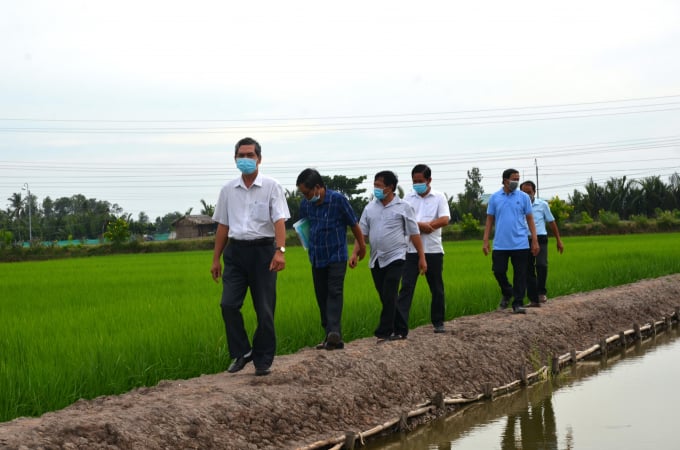
Tra Vinh Department of Science and Technology surveyed organic rice models in Long Hoa and Hoa Minh communes. Photo: Minh Dam.
It's worth noting that farmers that produce organic rice using the Chau Hung Cooperative's organic rice technique have seen significant cost savings. The overall production cost is around VND 1 million for 1,000 m2, which is less than 60% of what farmers produce using chemical methods and farmers produce 6 tons of rice per hectare.
Tra Vinh has used and developed the model of organic rice growing. This is one of thirteen agricultural concepts that the Tra Vinh Department of Agriculture and Rural Development rated well across all three economic, social, and environmental criteria.
Although organic rice products in Long Hoa and Hoa Minh have been approved as clean, certified organic rice, there has been no collective trademark of "Long Hoa - Hoa Minh organic rice." Since then, it has been difficult for individuals or communities to create this commodity since they rely on farmers' partners to produce.
According to Mr. Truong Knh Hoa, Head of Chau Thanh District's Department of Agriculture and Rural Development, the area of organically grown rice in Long Hoa and Hoa Minh communes would reach almost 110 hectares by 2020. The area allowed for organic rice cultivation in two communes is between 200 and 250 hectares every year.
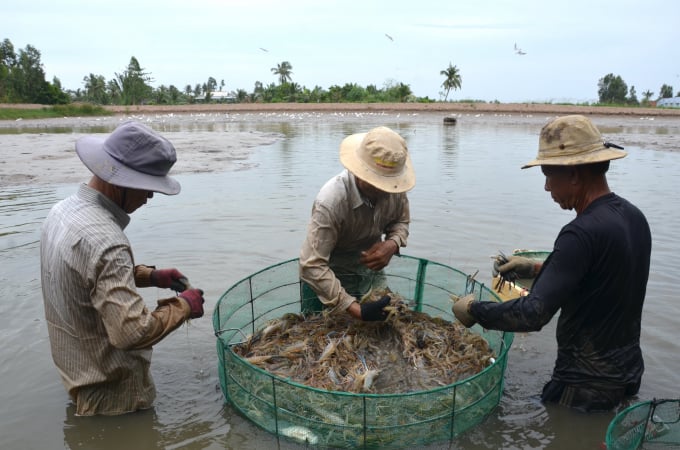
Besides organic rice crops, farmers also take advantage of giant freshwater shrimp farming to bring high income. Photo: Minh Dam.
Currently, the Tra Vinh Department of Science and Technology is assisting in the construction of a collective brand called "Long Hoa - Hoa Minh organic rice," as well as training, advising management models, and coordinating brand management. As a result, the Tien Thanh Cooperative has the collective trademark "Long Hoa - Hoa Minh organic rice." This will act as a catalyst for the community and its residents to enhance the efficiency and the value of local rice and rice products.
The province's objective is to register for protection a collective mark connected with the geographical names of Long Hoa and Hoa Minh communes. Additionally, developing a product identifier based on the content of the package design, website, and traceability database to enable customers to quickly recognize the province's best agricultural practices. The ultimate objective is to enhance farmers' output value.
In the face of climate change, the rice production model in the two islet communes is essentially active in farming (tide, salinity), and the farmers have a firm grip on the farming process and efficiency. Economic returns on investment are relatively substantial. After the collective brand "Long Hoa - Hoa Minh organic rice" is developed and acknowledged, it will serve as the basis for marketing and delivering goods directly to the market.
Translated by Linh Linh
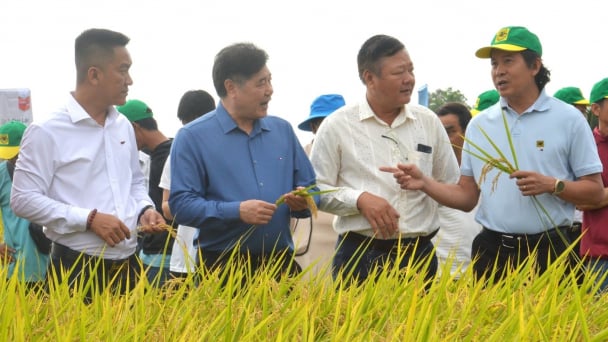
(VAN) The results from pilot fields are catalyzing the expansion of the One million hectares of high-quality, low-emission rice project in Kien Giang.
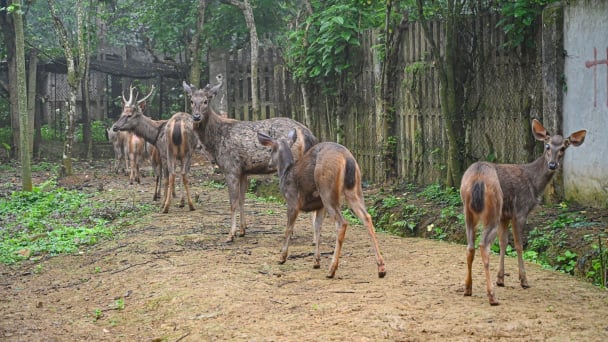
(VAN) On the morning of April 11, Cuc Phuong National Park received 18 individuals of endangered and rare wild animals from Da Nang city.
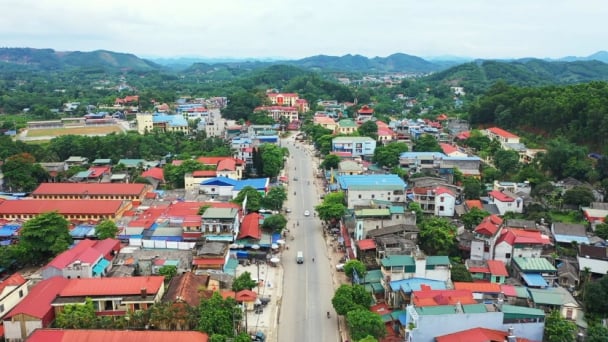
(VAN) FAO supports Vietnam in enhancing survey sampling techniques for the 2025 nationwide agricultural and rural census.

(VAN) By participating in the green transition, manufacturers become an indispensable part of the circular economy, contributing to resource optimization and environmental protection.
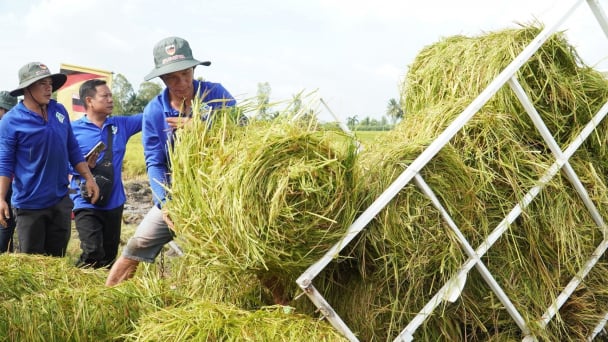
(VAN) The One Million Hectares of High-Quality and Low-Emission Rice Program can generate nearly 14 million tons of straw annually, posing an urgent requirement to diversify straw-based products.
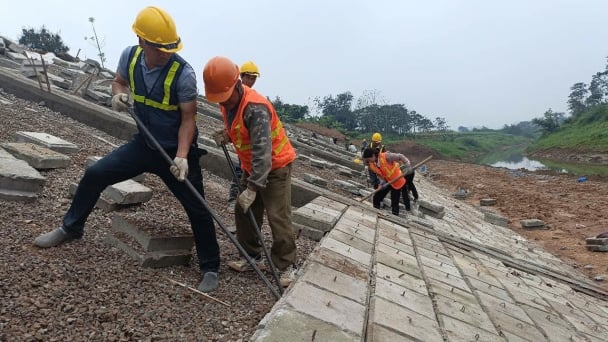
(VAN) This figure was recently announced at a conference held in Yen Bai, focusing on climate-resilient infrastructure development for ethnic minority regions.
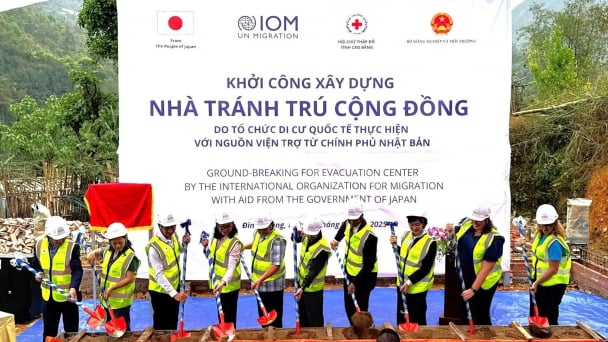
(VAN) The evacuation center is a practical work in efforts to respond to natural disasters and adapt to climate change in vulnerable areas.